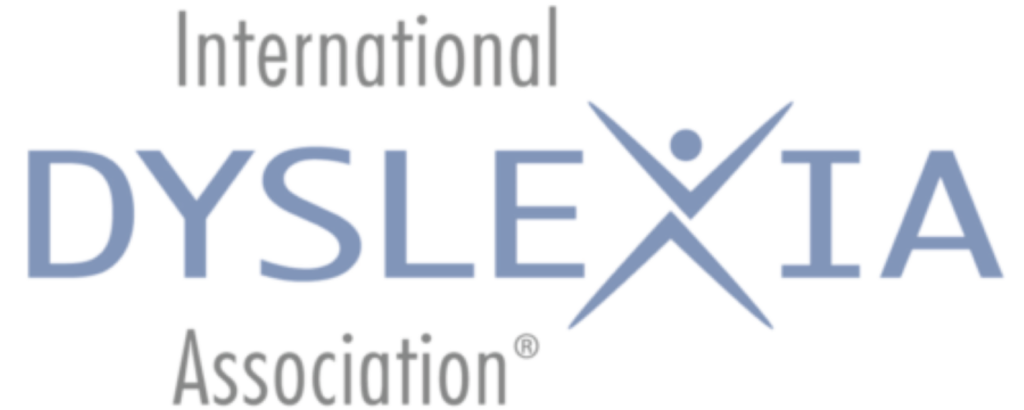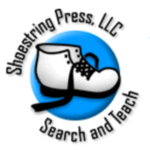Research
Research Proven
Our results are confirmed through data!
We aim to unlock an individual’s potential and infinitely expand each student’s horizons.
NILD not only has testimonials of academic performance transformed and lives changed, but testing data and the research studies below confirm the transformation we see.

Survey Reveals Significant Emotional and Social Gains for Students with Learning Disabilities
Parents, teachers and therapists will tell you that students with Learning Disabilities also struggle with organization, emotional regulation, attention and focus. In fact, students themselves will tell you that they struggle with these skills in addition to anxiety, low self-esteem and motivation. NILD Canada sent out a survey to find out how NILD Educational Therapy helped alleviate these struggles. We were so pleased to see the results!
We already knew that we were helping students build strong foundational skills to support academics as reported in our 2015 research study. This time we wanted to ask parents, therapists and students themselves what they had actually experienced emotionally and socially after one year of NILD Educational Therapy. And, over 100 people responded.
Is the Educational Therapy-based approach provided by NILD Canada effective in increasing test scores in school-age children in Ontario?
This analysis found that there was a statistically significant improvement in passage comprehension, applied problem solving as well as writing samples scores, after approximately 11 months in NILD Educational Therapy®, implying that the Educational Therapy techniques that NILD therapists use are indeed effective.
Victoria Fritz B.A., B.S.W., R.S.W.
Supervised by: Dr. Tricia van Rhijn and Dr. Laura Forbes
Does NILD Educational Therapy help students who are below average in reading and written language achievement improve these skills?
Not only did the students demonstrate yearly gains as would be expected within general education alone, their progress exceeded average gains and began to close the achievement gap between them and their peers… representing a significant improvement that allowed them to keep pace with the average achievement of their peers.
Kathy Keafer, Ph.D
Does the completion of an intensive, individualized program of NILD Educational Therapy affect the achievement scores in reading, spelling, and arithmetic for students with learning disabilities?
Students in this study demonstrated statistically significant gains over time in cognition and achievement on standardized measures.
Kathleen R. Hopkins, Ed.D., 1996
Improving Educational Therapists’ Knowledge, Efficacy, and Practices Related to Developing Students’ Growth Mindsets
Self-efficacy and mindset are non-cognitive factors that can adversely or positively impact the reading achievement of students with learning disabilities (LD). Teachers’ instructional practices can impact students’ self-efficacy and mindsets. Educators desire to know more about students’ mindset beliefs and teacher instructional practices that may facilitate students’ growth mindsets. This mixed-methods study explored the effect of a revised educational therapist certification training to address educational therapists’ need to become knowledgeable in the area of mindset beliefs and examine the corresponding educational impact on instructional practices and educational therapists’ self-efficacy beliefs for implementing growth mindset instructional practices. Statistically significant differences were found for content knowledge, efficacy beliefs, and instructional practices. Qualitative data also suggested that the revised educational therapist course positively affected educational therapists’ self-efficacy beliefs and instructional practices related to growth mindsets.
Dissertation by Kristin Barbour, Ed.D., submitted to Johns Hopkins University
What was the effect of NILD’s Rx for Discovery Reading intervention on the reading abilities of elementary school students who were below grade level in reading?
Students in this study demonstrated statistically significant gains in the areas of phonemic awareness, phonics, and fluency.
An Analysis of Rx for Discovery Reading for Elementary Students Below Grade Level in Reading
Susan Stanley, Ph.D
Does NILD’s GET intervention compared with NILD’s IET intervention affect the reading and writing skills of children with reading problems?
Students in this study demonstrated statistically significant gains in the areas of phonemic awareness, phonics, and fluency.
Small-Group versus One-On-One Educational Therapy for Struggling Readers and Writers
Susan Stanley, Ph.D
The Use of Cursive Writing in a Digital Age: A Mixed-Methods Analysis of the Differences Between Modes of Transcription in Private Schools
The Use of Cursive Writing in a Digital Age
Dissertation by Tony Ryff, Ph.D, submitted to Northwest Nazarene University
Accreditations
International Dyslexia Association

The IDA noted these specific strengths:
- Therapeutic Approach is research-based, individualized, and grounded in test and observational data
- Components of reading are addressed within a cognitive development framework
- Rich vocabulary development is emphasized in all segments of the therapy session
- Assessment and progress monitoring is strong
Diagnostic teaching is evident - Ethical standards for therapists are taught explicitly and monitored
- Degree program is available and many therapists seek a Master’s of Education
Search and Teach©
Feuerstein Instrumental Enrichment©

Feuerstein Instrumental Enrichment©
The Feurerstein Institute has greatly influenced and contributed to the work of NILD in Canada and the United States since 1993.

This research is great!
Wondering what the students, teachers and parents say?
